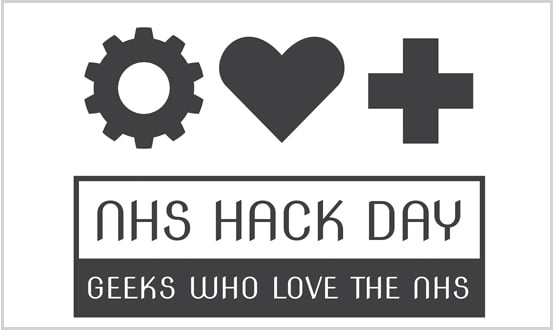Carl Reynolds on procurement woes
- 19 October 2012

How would you go about buying a second hand car? You could draft a specification and then invite people to become registered suppliers (by filling out a word document!?).
This would give them the right to bid to sell you a car that meets your specification… and if you picked the strongest bid as the winner, you could rest easy that you’d achieved the best value for money possible.
Of course, as an individual buyer keen to get a good deal on your second hand car, you would do well to accept more of the responsibility for making sure that you did get good value for money.
This would involve actively seeking the best value for money second hand car you could find and keeping transactional costs for sellers to a minimum.
It makes sense to keep transactional costs low because the pool of potential suppliers is then larger. In other words, the population of people with second hand cars to buy is much larger than the population of people with second hand cars to sell and with the time and inclination to register as a supplier, read your specification, and submit a bid.
Worse, the people selling the really good value second hand cars may be the least likely to tolerate additional costs because their profit margins wouldn’t permit it. Consequently, you’re much more likely to get a good value second hand car than the NHS is to get a good value IT system.
Not so fleet of foot
There are many NHS IT procurement problems. The poor users have little or no influence over what gets bought (and forced upon them). Yet it is a near impossibility for people who lack a nuts and bolts technical understanding of technology to be able to identify what’s needed in NHS IT – and how much should be paid for it.
But, of course, NHS IT procurement guys don’t buy individual cars; they buy whole fleets of cars (not so long ago for the whole country…).
So perhaps a more realistic version of my opening scenario would be this. Let’s imagine you work in and are a shareholder of a company that has a large fleet of company cars.
The guy responsible for buying the fleet of cars enjoys a few trips to America and a lot of hospitality at the expense of car company x, which happens to have great PowerPoint slides, and becomes convinced that it represents the best value for money.
Unfortunately, these cars have the special property that they’re horrible to drive and slower than normal cars. The bonnets are welded shut, the steering wheel is triangular, you get in and out through the sun roof, and they require special training to drive.
While it’s easy to put stuff in the boot it is, bizarrely, very hard to take it out. You could download a better car for less money off the internet and print it with your 3D printer; but employees are only permitted to drive a company car at work.
As an employee you’re now lumbered with a car that if horrible to use and wastes your time, and as a shareholder this inefficiency is costing you money.
Now, if your job is to look after sick people – let’s say you work in the NHS – then the inefficiency is also an opportunity cost. In other words, you now have less time and resource to heal the sick. And when it comes to changing cars that bizarre boot thing is a real pain.
One example of where it’s all gone wrong
One recent NHS Hack Day project was ‘The ePortfolio Data Liberation Front’. A junior doctor frustrated by the NHS IT that she is compelled to use teamed up with a software developer to write a tool that extracts her information from a proprietary NHS system – the NHS ePortfolio – so she can use the software she chooses.
The NHS ePortfolio, which is a system that doctors use to record their career progress, is a good example of NHS IT procurement gone wrong. The code is kept secret for commercial reasons we’re prevented from inspecting its quality or improving it.
Users do experience the product and we have a rough idea of costs; a conservative estimate is at least £630,000. The expert opinion is that it’s sadly not good value for money.
So what to do? A smart move for the NHS would be to make sure that those in positions of procurement influence have a solid technical grounding.
Greater transparency around appointments, procurements, source code, and conflicts of interest might also help. It’s well known that marketing works and because enjoying corporate hospitality leads to irrational procurement decisions it ought not to be culturally acceptable. And I’ve discussed the benefits of open source before….
* I’m very grateful to Julian Todd who suggested the idea for this article to me.
About the author: Carl is a physician, health informatician, and national clinical fellow with an interest in change management enabled by health IT.
He is currently working for Sir Liam Donaldson at the National Patient Safety Agency and for the Medical and Education Training Programme at the Department of Health as part of the NHS Medical Director’s Clinical Fellows Scheme.
In addition to these roles, he is the director of the health care software company Open Health Care UK, and sits on the FMLM Trainee Core Working Group.
He trained at UCL Medical School and went to King’s to intercalate a Philosophy degree before beginning an academic foundation program and a part time Health Informatics MSc at UCL.




